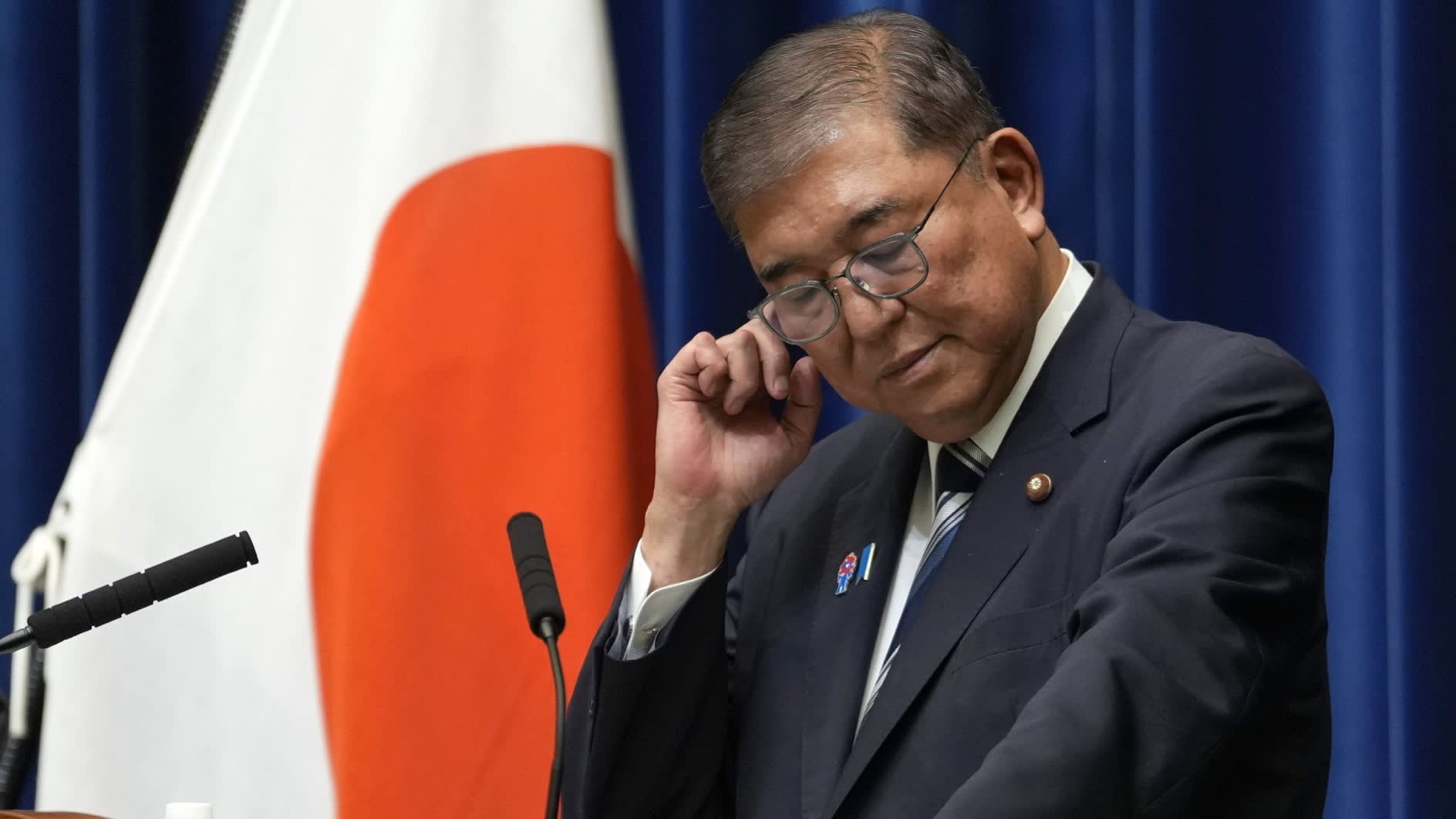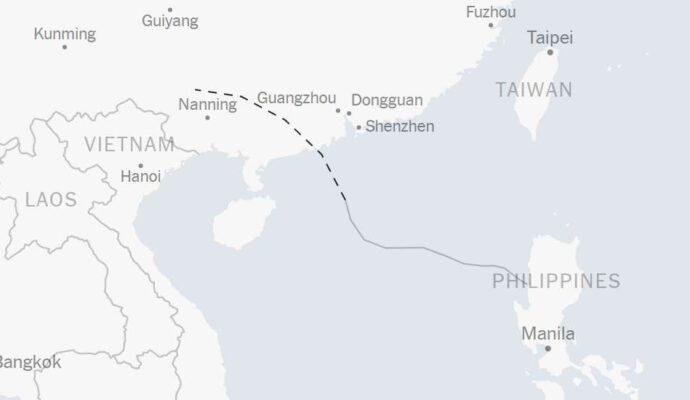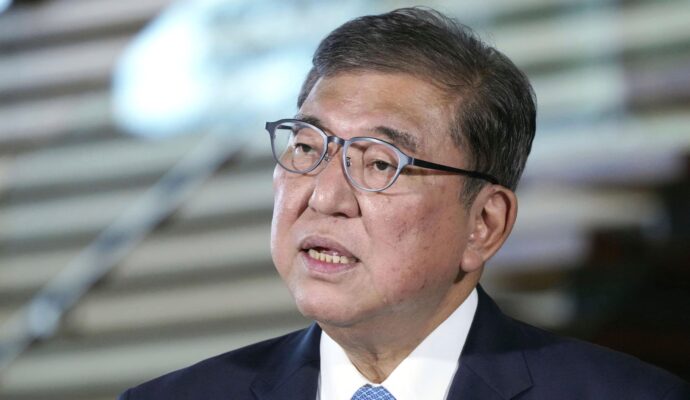
Unlock the Editor’s Digest for free
Roula Khalaf, Editor of the FT, selects her favourite stories in this weekly newsletter.
Japan’s Prime Minister Shigeru Ishiba said on Sunday he had decided to resign to make way for a new leader, setting up an emergency presidential race within the fractured Liberal Democratic party.
Ishiba’s decision, which comes less than a year since he assumed the premiership, pre-empted a vote within the LDP on Monday, at which a majority of LDP parliamentarians were expected to demand a leadership election and force Ishiba out of office.
The resignation, he said, was aimed at heading off “a decisive split” in the party that had ruled Japan for most of the past 70 years, but whose grip on power had weakened significantly on Ishiba’s watch.
The LDP, though still the largest in both houses of parliament, is now obliged to rule through coalition with the Komeito party and ad hoc alliances with smaller opposition parties.
Ishiba, who will remain in post until a new leader is chosen, has been under pressure to take responsibility for an upper house election setback in July that analysts say arose from public dismay over inflation and problems in the LDP that predated Ishiba’s leadership.
“If the LDP remains the same without any change, there will be no tomorrow for the party if that is how people see us,’’ Ishiba said on Sunday. ‘‘We have to reform the party. I hope this is the first step in that direction.”
He also noted that the party would have to reform under darkening geopolitical clouds. The spectacle last week of China’s military parade, he said, was a reminder that Japan’s security environment was bound to become “more severe”.
The prime minister announced his resignation at a press conference held two days after Japan and the US ended weeks of tariff negotiations by signing a memorandum of understanding. Japan secured 15 per cent tariffs on autos, rather than the 25 per cent levy Washington had originally threatened. The deal was reached by Japan agreeing to invest $550bn in the US under a scheme ultimately directed by President Donald Trump.
Despite mounting pressure to step down, Ishiba had insisted on remaining in post until talks were concluded, noting on Sunday that they had now reached a conclusion.
“I think we have achieved an important milestone,” Ishiba told the press conference.
Ishiba’s position as prime minister has hung by a thread since his party lost outright control of the upper house of Japan’s parliament in July.
That setback followed a disastrous lower house election last October — a gamble by Ishiba that backfired and left the LDP without a majority in the lower house.
Ishiba, who edged into power through a leadership election in October 2024, joins a long list of Japanese prime ministers who have lasted only about a year in office.
Despite rising approval ratings in national polls, Ishiba has struggled to secure support. Over the weekend, a series of key allies either privately or publicly said that the LDP needed to find a new leader.
Ishiba made his decision to resign after a meeting on Saturday with former prime minister and mentor Yoshihide Suga and Shinjiro Koizumi, whom Ishiba appointed as agriculture minister earlier this year to deal with a massive surge in rice prices.
As Ishiba’s political future has grown more uncertain, speculation has focused on which figures in the LDP were most likely to succeed him.
Several MPs told the Financial Times that the leadership would probably be contested by Sanae Takaichi, the conservative who narrowly lost the party leadership race to Ishiba last year, and Koizumi, though other candidates were expected to emerge.
The LDP has ruled Japan almost continuously since 1955 but has increasingly shown signs of extreme strain as its moderate and conservative factions battle over how to steer the country through a period of steep inflation, demographic decline and a worsening geopolitical environment.
Those strains have been worsened by the recent rise of small, populist opposition parties that have drawn younger voters away from the LDP.


